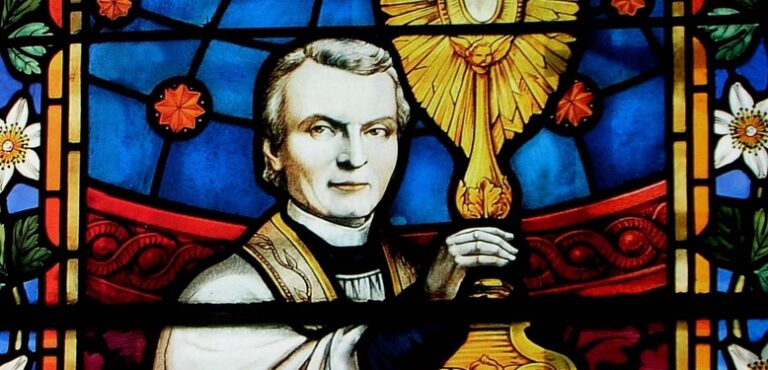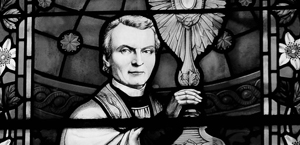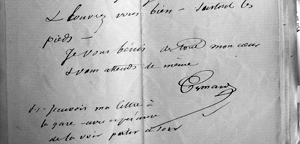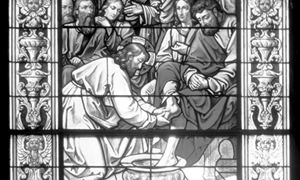Forgiveness is a gift quickly asked for but hard to give. Jeremiah illustrates this very clearly in today’s reading. At best, he could be described as argumentative towards God and vindictive towards his adversaries. He has accepted the call to be a prophet but argues with God over almost everything he is called to do. This incident is no different. He knows he is in danger, having been warned by God, but asks that he be given the satisfaction of seeing his antagonists receive God’s vengeance. His argument is as if he deserves to get even not to forgive.
In contrast to Jeremiah’s desire for revenge, Jesus knows his detractors are nitpicking everything. How can the Messiah come from Galilee? They denounce him for healing on the Sabbath and associating with tax collectors and other undesirables. They are so caught up counting the trees that they cannot see the beauty of the forest before them. Jeremiah’s detractors did not want to hear his message. Jesus’ detractors did not want to see the truth in their midst. That truth will not ask the Father for vengeance upon them but instead for forgiveness because they acted out of blind ignorance.
Each of us is given opportunities to make serious choices, choices that are personal and difficult. These choices can be gifts in disguise. They give us a chance to be Jeremiah and argue or bargain with God (“please let me see them get theirs”) or be like Jesus (“forgive them for they know not what they do”). Do we lament the situation and feel sorry for ourselves, or do we use it as a growth opportunity in our relationship with God and one another? Each day is a gift from God – each Eucharist is an opportunity! Let us allow ourselves the joy of celebrating and sharing that gift with others.
Prayer:
Father, as each new day dawns, let your light’s radiance shine in our hearts. Help us greet one another in peace, forgiving the faults and errors of others and ourselves. We ask this through Christ our Lord.













